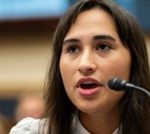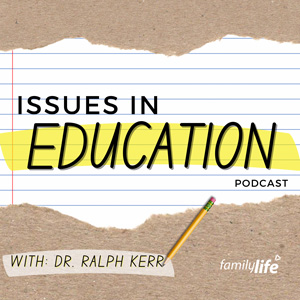Podcast: Play in new window | Download (Duration: 10:51 — 14.9MB)
Subscribe: Apple Podcasts | Android | Email |
Churches and Political Actions
A Family Life Interview with Kim Roberts
Many churches and denominations can be labeled as supportive of one side of the political spectrum or the other. Others avoid politics at all costs.
Part of the reason congregations avoid actions and speech related to electoral politics is fear of risking their non-profit status. However, federal law and IRS regulations do not silence Christian entities which want to promote voting and motivate their people into political action.
Family Life News asked reporter Kim Roberts to detail her research into what is and isn’t allowed when churches and campaigns overlap. Christian individuals can always be active with promoting or opposing a candidate, but when it comes to 501(c)3 organizations, they have to stay non-partisan about candidates. Yet churches and other religious ministries are free to speak out on public issues that weigh on the ballot box. There are no IRS consequences for churches to hold candidate forums, carry out voter registration or get-out-the-vote efforts, or offer rides to the polls. In fact, as you will hear in this conversation, the Church throughout history has been vibrant and vocal in the political and social issues around them.
Kim Roberts, a reporter for the Christian journalism organization Ministry Watch, also discusses how local, state and national candidates reach out to churches, in order to influence their members to vote a certain way. Also, political and culture-fight organizations are finding ways to motivate people of faith to elect certain candidates or stand for particular political issues.

Kim Robert’s detailed article “Church and Politics: What’s Allowed?” is available from www.MinistryWatch.com. She also has other reporting on many faith-based events and issues.
Among the resources for congregations and church leaders — and other groups — she mentions in this podcast:
- An IRS document, detailing the distinctions for 501(c)3 organizations on partisan politicking (not allowed) and lobbying (allowed)
- Election guides for congregational planning from the NAACP and the Alliance Defending Freedom
- Turning Point USA’s TPFaith efforts to motivate political and cultural action by conservative and mid-spectrum Christians
- Black Church PAC’s plans to carry out a massive voter mobilization effort this fall
- A political science professor’s observation that it is extremely rare that the IRS revokes a church’s charitable status, even if they carry out activities that lean solidly toward one candidate or one political party



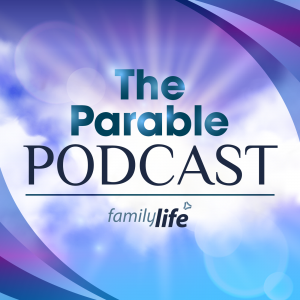










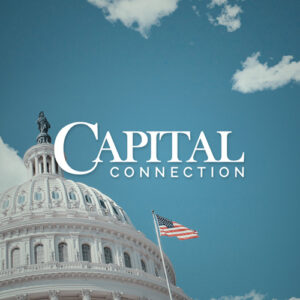


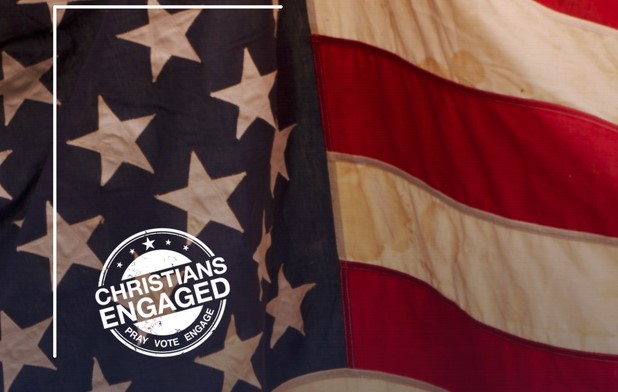
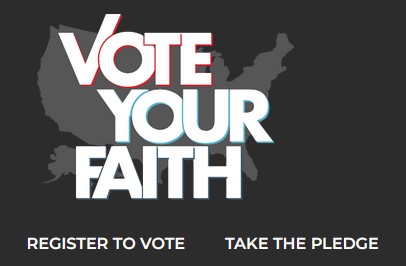
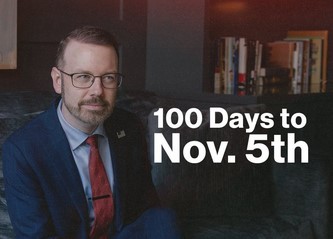










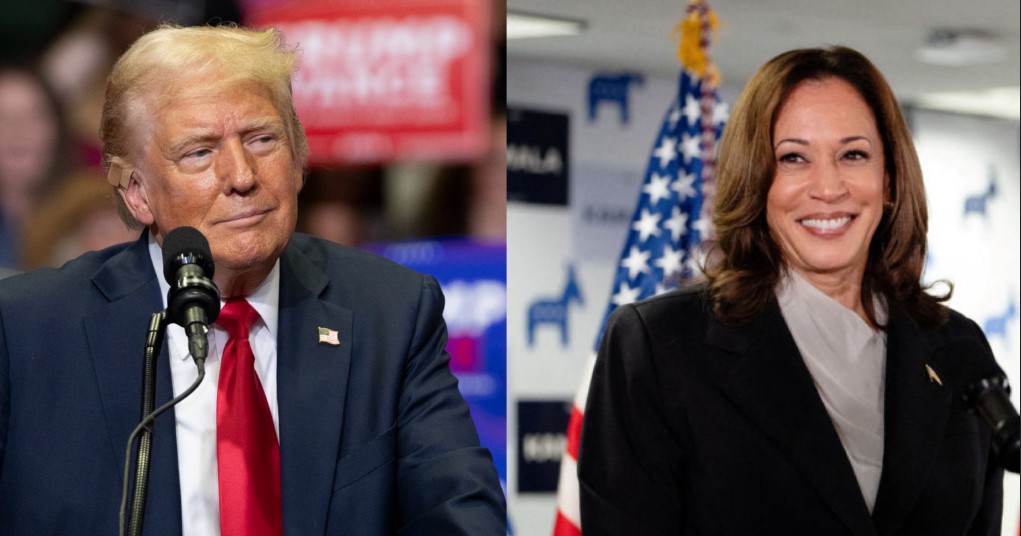
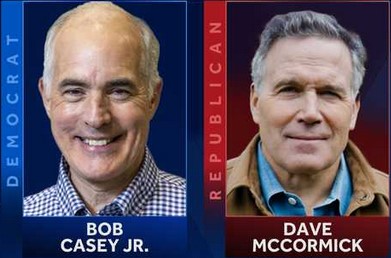
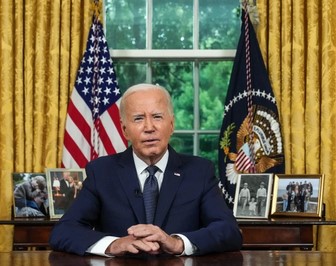
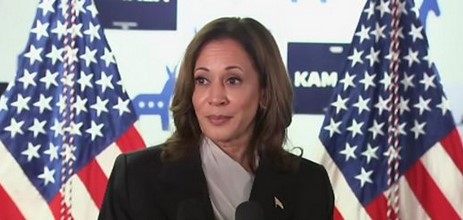
 We get local analysis on these fast-changing political and governmental developments, with a Family Life Interview with Professor Jeff Bloodworth of Gannon University in Erie. Bloodworth gives his initial reactions to Biden’s withdrawal from the race, historical perspectives on this year’s political machinations, and his observations about steps Democrats should take next to strengthen their electoral prospects.
We get local analysis on these fast-changing political and governmental developments, with a Family Life Interview with Professor Jeff Bloodworth of Gannon University in Erie. Bloodworth gives his initial reactions to Biden’s withdrawal from the race, historical perspectives on this year’s political machinations, and his observations about steps Democrats should take next to strengthen their electoral prospects.



